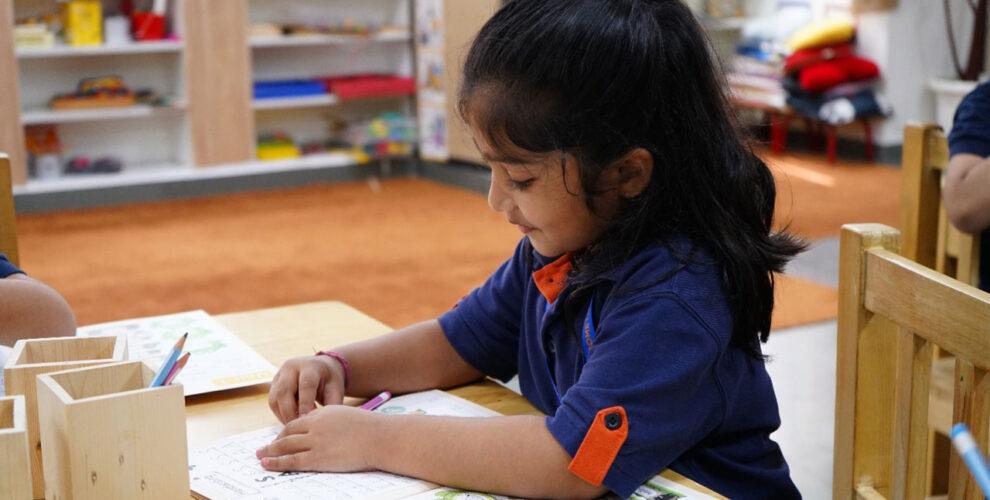Creative writing is often viewed as a form of self-expression, a means to explore one’s imagination, and a way to communicate emotions and ideas. However, its significance goes beyond the realm of personal enjoyment and artistic expression. In the International Baccalaureate (IB) curriculum, creative writing plays a crucial role in fostering academic success and personal growth in students. This blog post will delve into the reasons why creative writing is a vital component of the IB curriculum, how it supports academic achievements, and the role it plays in promoting personal development.
Developing Language Skills:
Creative writing nurtures the language proficiency of students in the IB curriculum. Through crafting narratives, poems, or essays, students improve their vocabulary, grammar, and syntax. They learn to express complex ideas concisely and develop a keen eye for detail. These skills transcend the boundaries of creative writing and become valuable assets in various academic disciplines, such as English literature, history, and social sciences.
Cultivating Critical Thinking:
Writing creatively demands the ability to think critically and analyze situations from different perspectives. By creating characters, constructing plots, and solving narrative problems, students enhance their analytical skills and develop a deeper understanding of cause and effect relationships. These critical thinking abilities are indispensable across subjects in the IB curriculum, empowering students to excel in research, essay writing, and problem-solving tasks.
Encouraging Emotional Intelligence:
Creative writing provides a platform for students to explore their emotions, experiences, and empathy. By delving into the minds and emotions of their characters, students develop a greater understanding of human nature. This heightened emotional intelligence enables them to engage more deeply with literature, history, and social issues. It fosters compassion, tolerance, and open-mindedness, which are essential qualities for global citizens that the IB curriculum aims to cultivate.

Enhancing Communication Skills:
Effective communication is a fundamental aspect of academic success and personal growth. Creative writing hones students’ ability to convey ideas and emotions in a coherent and engaging manner. It helps them become proficient in articulating their thoughts, presenting arguments, and structuring their ideas logically. These skills are transferable to various academic assignments, presentations, and debates, setting students up for success not only in the IB curriculum but also in their future endeavors.
Boosting Confidence and Self-Expression:
Creative writing empowers students to find their unique voice and express themselves freely. As they receive feedback and recognition for their creative endeavors, students gain confidence in their abilities. This newfound self-assurance transcends the realm of writing and spills over into other aspects of their academic journey. Students become more willing to participate in class discussions, share their ideas, and pursue independent research projects, leading to personal growth and a greater sense of self-worth.

The inclusion of creative writing in the IB curriculum is a testament to its undeniable value in promoting academic success and personal growth. Beyond being an outlet for self-expression, creative writing develops language skills, cultivates critical thinking, nurtures emotional intelligence, enhances communication abilities, and boosts confidence. These attributes are vital for students in the IB curriculum as they strive for academic excellence and prepare for their future endeavors. By recognizing the importance of creative writing, top IB schools empower their students to become well-rounded individuals capable of making a positive impact on the world.





